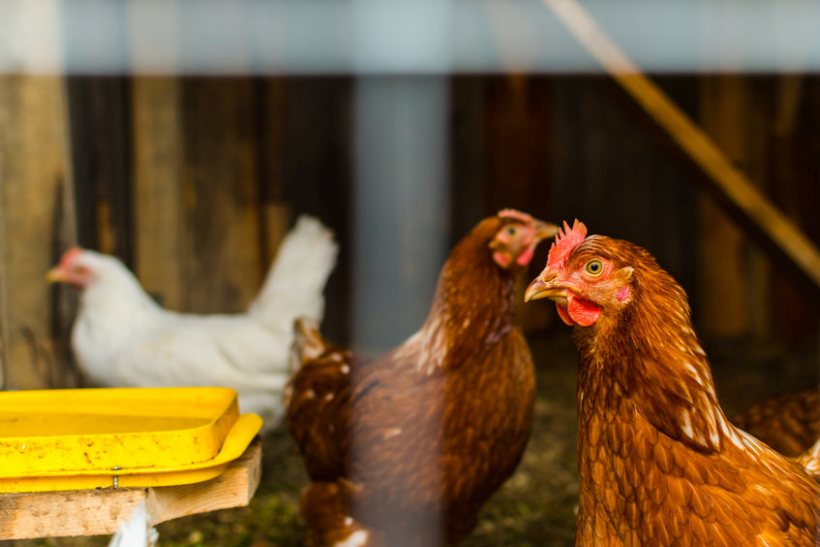
The government confirmed numerous outbreaks of avian influenza over the weekend, including in commercial and backyard poultry.
Avian influenza of the H5N1 subtype was confirmed in backyard poultry at a premises near North Fambridge, Maldon, Essex on Sunday (21 November).
Further testing is underway to confirm the pathogenicity of the strain, Defra explained in its latest update on the UK's bird flu situation.
A 3km and 10km Temporary Control Zones have been put in place around the premises.
Elsewhere, avian influenza H5N1 was recorded in commercial poultry at a farm near Mouldsworth, Cheshire on Saturday (20 November).
The pathogenicity of this outbreak is still unknown, and Temporary Control Zones have been put in place around the affected site, Defra said.
All bird flu outbreaks in recent weeks have been confirmed as highly-pathogenic, meaning the UK is no longer free from avian influenza under the World Organisation for Animal Health (OIE) rules.
Cases of the disease have been confirmed in Lancashire, Angus, North Wales, North Yorkshire, Essex and Warwickshire and Worcestershire.
Because of the frequency of outbreaks, an Avian Influenza Prevention Zone (AIPZ) was declared across the whole of Britain earlier this month.
Northern Ireland then followed, with authorities announcing an AIPZ on Monday 15 November.
The AIPZ means that it is a legal requirement for all bird keepers to follow strict biosecurity measures as a way to mitigate the risk of the disease spreading.
In a joint statement the Chief Veterinary Officers for Wales, England and Scotland said: "All bird keepers must take action now to prevent the disease spreading to poultry and other domestic birds.
“Whether you keep just a few birds or thousands, you are now legally required to introduce higher biosecurity standards on your farm or small holding.
"It is in your interests to do so in order to protect your birds from this highly infectious disease," the CVOs explained.
“The UK health agencies have confirmed that the risk to public health is very low and UK food standards agencies advise that bird flu poses a very low food safety risk for UK consumers.”
